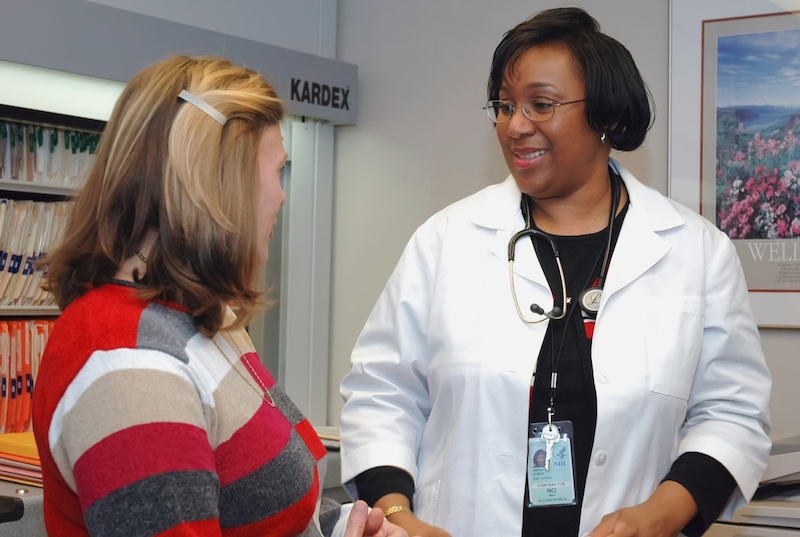I asked my primary care physician about hormone replacement therapy, and her response was about coronary issues that seemed to be out of date with more recent research that you have presented in your newsletter. Do you have any advice for how to navigate this sort of situation? Would it be better to avoid it altogether (I do plan to speak with my gynecologist next), or is it worth engaging at all to suggest that research has changed over time? I cringe to imagine telling an expert at her workplace that I read something on the internet she should hear about, even if I think she should indeed hear about it (especially given the extreme time crunch of any medical appointment).
—Kristen
Recently I have been doing a lot of continuing medical education (CME). All doctors are required to spend a certain amount of time keeping their medical knowledge current. The process leaves something to be desired. Most of us don’t have much, if any, time set aside for CME in our schedule. We are left to our own devices to seek out programs that vary in quality. We can typically choose the types of topics we learn about. We may not always be doing the best job of selecting a broad education for ourselves.

All this is to say, the process in place to keep doctors accountable for staying up to date is imperfect. It is easy to get behind in reading the latest research, especially if you are a primary care physician who needs to know a little bit about a huge number of topics, from back pain to heart disease. A good physician will know they have some gaps in their knowledge and be receptive to suggestions for filling them.
My patients’ suggestions are really useful. I pass the best ones on to other patients. In fact, I encourage patients to do their own research ahead of their doctor’s visits. I have better, more productive conversations with patients who have spent a little time preparing for our brief time together.
A good way to approach your doctor with new data is with a question. Patients often introduce research they want me to know about by asking if I know of a particular expert, have read an article in the Sunday Times, or have seen a new study. Typically I am aware of the piece they are referring to and can speak about the subject right then. But if something is new to me, I tell patients I haven’t read it but I will. And then I follow through.
Occasionally I disagree with an expert a patient asks me about. I am honest about that and I explain why I disagree. It is then up to the patient to decide if my practice is the right fit for them. I try to approach these conversations with respect and cite specific data to support my thinking when possible.
In short, I do think there is a way to respectfully approach your doctor with new sources of information and research. Hopefully, they will be receptive, but if they aren’t, it is up to you to decide if their practice is right for you. If not, it may be time to look for a new provider.
Community Guidelines












Log in
My mom was constantly bringing medical articles to our family doctor, not because she thought he was out of date, but because she thought he would find them interesting. If he hadn’t accepted them gracefully, we certainly wouldn’t have kept the family with him for decades until his retirement. Even when the patient is totally off base a professional should be able to receive comments and take them in stride. Trust me, it won’t be the first time a doctor has been told, you might be wrong.